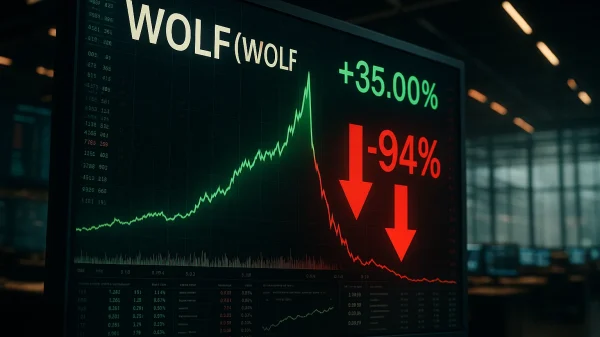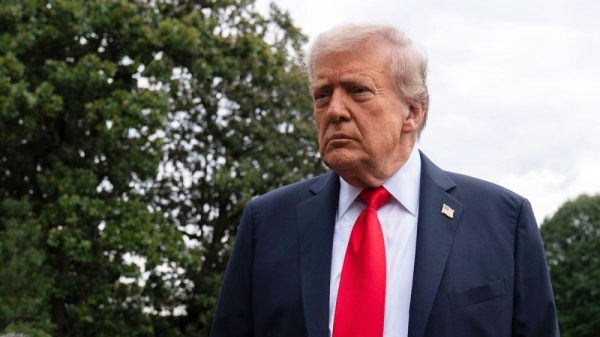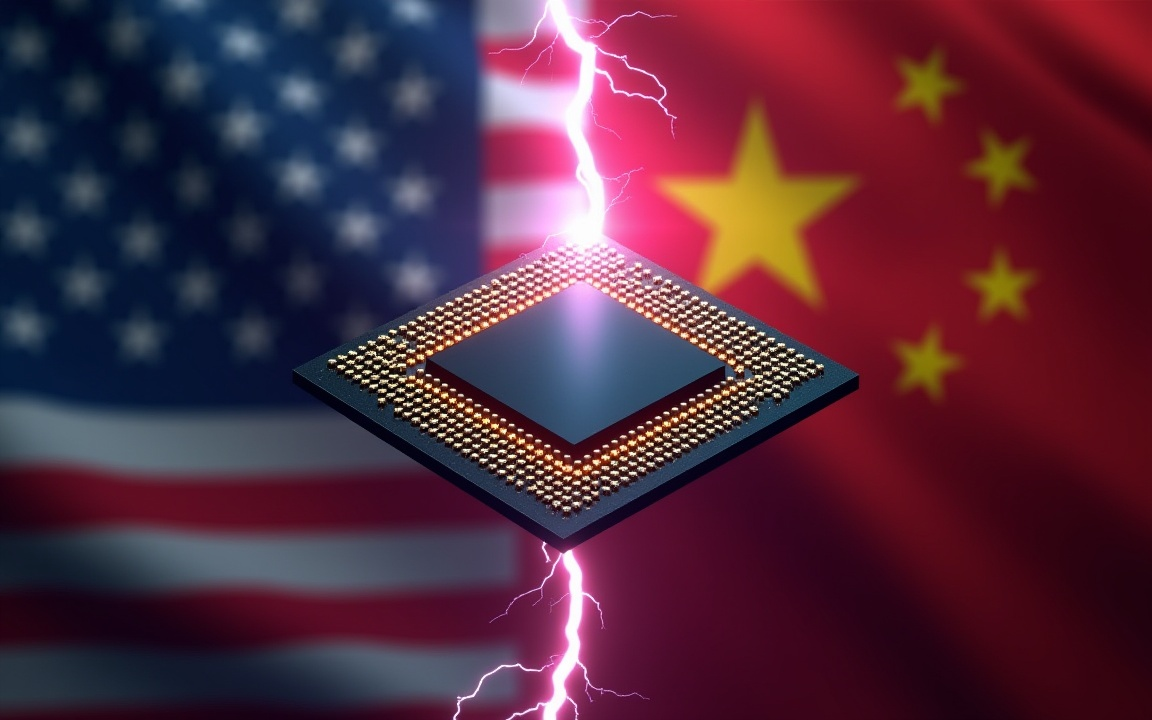The United States has revoked Taiwan Semiconductor Manufacturing Co.’s authorization to freely ship essential equipment to its main Chinese facility, tightening restrictions on Beijing’s access to advanced chip-making gear.
TSMC said Washington informed it of the decision to remove the “validated end user” (VEU) status for its Nanjing plant effective December 31.
The designation had allowed suppliers to ship semiconductor equipment covered by US export controls without requiring individual licenses.
The step mirrors a similar move taken last week against Samsung Electronics and SK Hynix, whose memory chip plants in China had also benefited from blanket approvals.
The revocation means all three companies will need to secure case-by-case authorizations, complicating operations and upgrades at their Chinese sites.
The decision comes as Washington and Beijing pursue negotiations to pave the way for a meeting later this year between US President Donald Trump and Chinese leader Xi Jinping.
The Trump administration has avoided imposing the harshest export curbs to prevent derailing talks but has signalled a tougher stance on semiconductor technology transfers.
“While we are evaluating the situation and taking appropriate measures, including communicating with the US government, we remain fully committed to ensuring the uninterrupted operation of TSMC Nanjing,” the Taiwanese chipmaker said in a statement.
Move to have limited impact on TSMC’s financials
Analysts said the impact on TSMC’s financials will be limited, given the relatively small size of its Chinese operations.
The Nanjing plant began production in 2018, using technology as advanced as the 16-nanometer process, which debuted more than a decade ago.
The site contributes only around 3% of TSMC’s total capacity and an even smaller share of revenue, as it produces lower-priced chips.
Morningstar senior equity analyst Phelix Lee said the loss of VEU status was “unexpected but should have a negligible effect on earnings and valuation.”
He added that TSMC may divert some equipment originally ordered for Japan to Nanjing before the December deadline to build spare capacity.
TSMC shares fell 3.7% in New York trading on Tuesday following the announcement.
Revocation to weigh more heavily on Samsung, SK Hynix
The revocation could weigh more heavily on Samsung and SK Hynix, whose China-based production represents a much larger share of their output.
“Revoking the “validated end-user” rules, which had allowed Samsung and SK Hynix to ship chip-making equipment to their plants in China without applying for a new license each time, would make them more difficult to expand or upgrade those facilities,” SK Securities analyst Han Dong-hee said in a note.
The South Korean chip makers could also struggle to stay competitive against Chinese rivals in the conventional-chip market as a result, Han added.
Samsung produces around 40% of its NAND memory in China, while SK Hynix relies on its Chinese plants for roughly 40% of its DRAM and 30% of its NAND production.
Korea Investment & Securities analysts Minsook Chae and JT Hwang warned that any disruption at Samsung’s NAND plant in Xi’an or SK Hynix’s DRAM and NAND plants in Wuxi and Dalian could trigger supply shortages and push up memory prices.
“If instability drives prices higher, US cloud-service providers could face significant losses,” they said.
Analysts see bigger implications for China
While the immediate financial consequences for TSMC appear minor, analysts highlighted the broader significance of the move for China’s semiconductor ambitions.
“The bigger story is Washington’s intent—this isn’t about today’s profits, it’s about freezing China’s chip capacity over the long term,” said Charu Chanana, chief investment strategist at Saxo Singapore.
Citi Research analyst Kevin Chen noted that Chinese memory makers may gain a competitive edge if foreign suppliers face curbs in expanding their operations, potentially boosting domestic demand.
The post US equipment curbs expected to weigh more on Samsung, SK Hynix than TSMC appeared first on Invezz


































